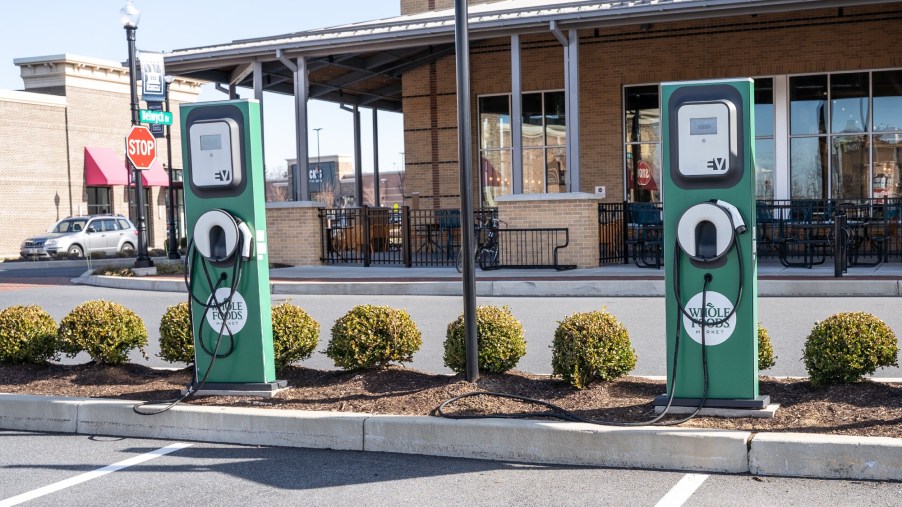
Is North Carolina Mad About Free Public EV Charging?
Four state senators introduced an odd bill in North Carolina to remove free public EV charging from the state. Considering the automotive world is moving toward electric vehicles, which will require more charging stations, this seems to be a step backward instead of forward. It gets stranger than simply removing the free public EV charging stations, as you’ll see.
Is the proposal of House Bill 1049 a move toward fairness or against free public EV charging?
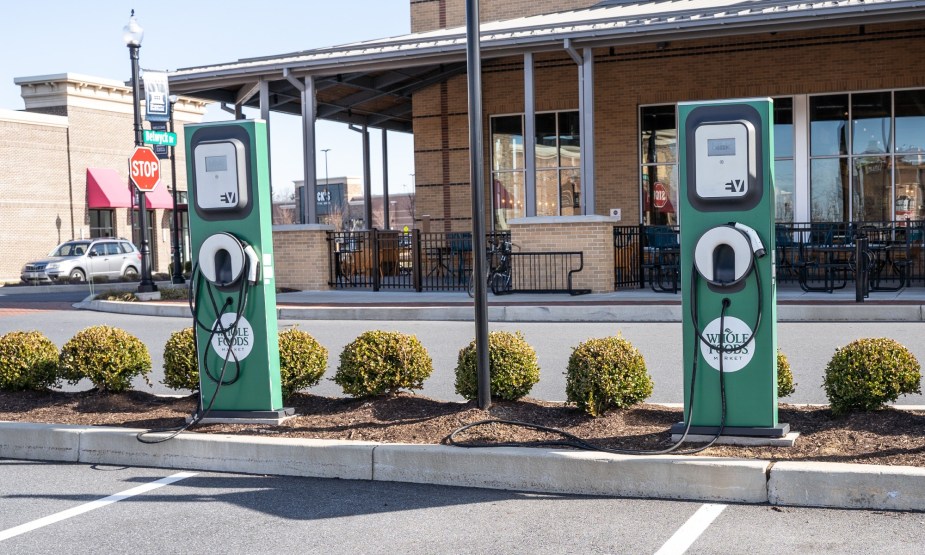
North Carolina House Bill 1049 proposes to remove electric vehicle charging stations that don’t charge for use unless gasoline and diesel are also offered at no fee. This bill proposes up to $50,000 to remove these EV chargers unless businesses and government entities comply.
WNCT reported some of the details of this bill. This bill also called Equitable Free Vehicle Fuel Stations, places strict requirements on businesses and even the North Carolina Department of Transportation. They must either charge for EV use or offer free fuel for all.
Where are the free public EV charging stations in Raleigh?
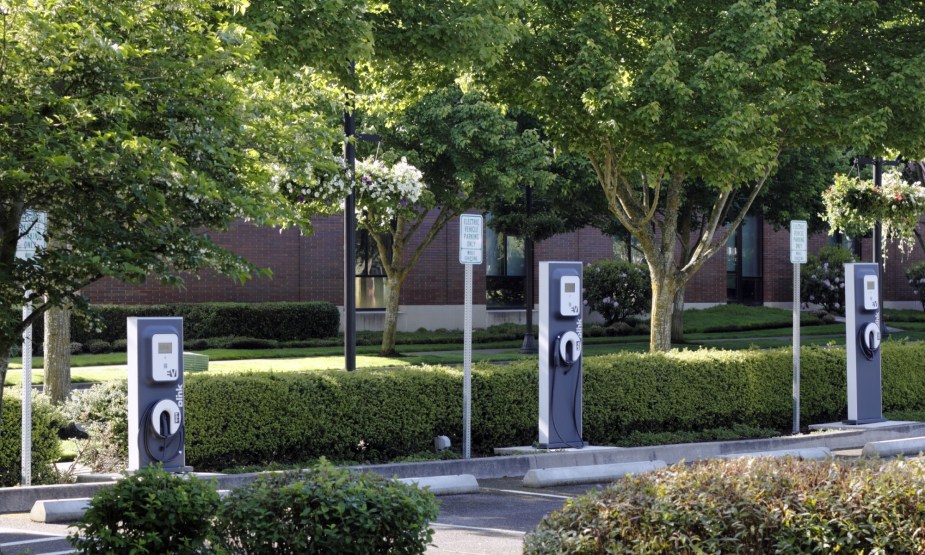
If we take the North Carolina capital city as an example, we see the city has 463 EV chargers in various locations. Only 79 of these chargers are free. Those free chargers are located in various places, including:
- North Carolina State University
- Auto dealerships
- Hotels
- Libraries
- Big box stores
- Parking garages
How much does it cost to charge an electric car in North Carolina?
The average monthly cost to charge an electric vehicle is $55, based on driving 1,183 miles per month. Duke Energy has proposed an EV charging program to reduce this cost to $19.99 per month. In exchange for this reduced fee, customers would allow Duke Energy to manage the vehicle’s charging to avid grid stress and higher costs.
EV charging vs. refueling with gas or diesel
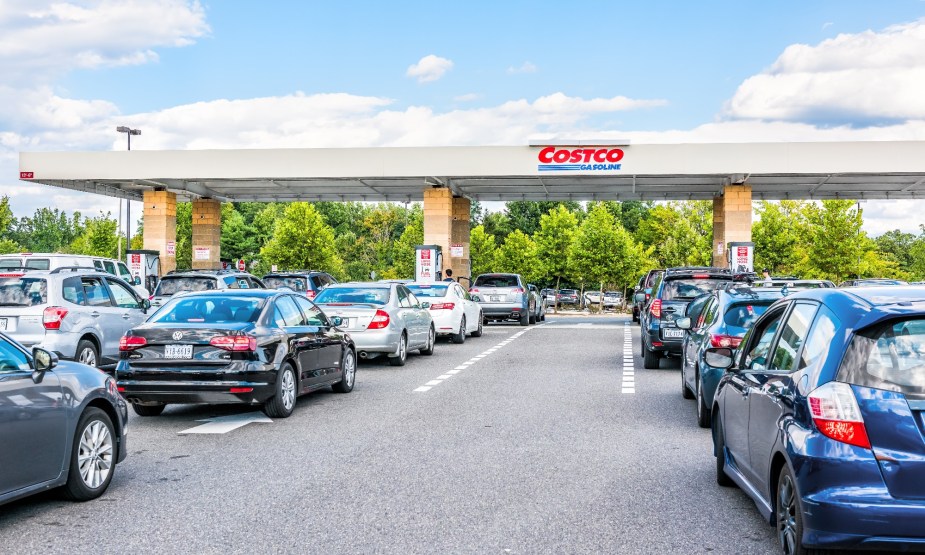
The activity of charging an electric vehicle is passive by nature. Once the vehicle is plugged in, it can charge, and you don’t have to be there to monitor it. These chargers don’t require much maintenance, and there isn’t a massive tank in the ground.
Conversely, refilling your gas tank is an active venture. Even though the pump will shut off once the fuel level is full, the pumps must be maintained and tanks need to be refilled. Could you imagine the backup at a store or library if residents in the area knew there was free gas?
Why does North Carolina charge an electric vehicle fee?
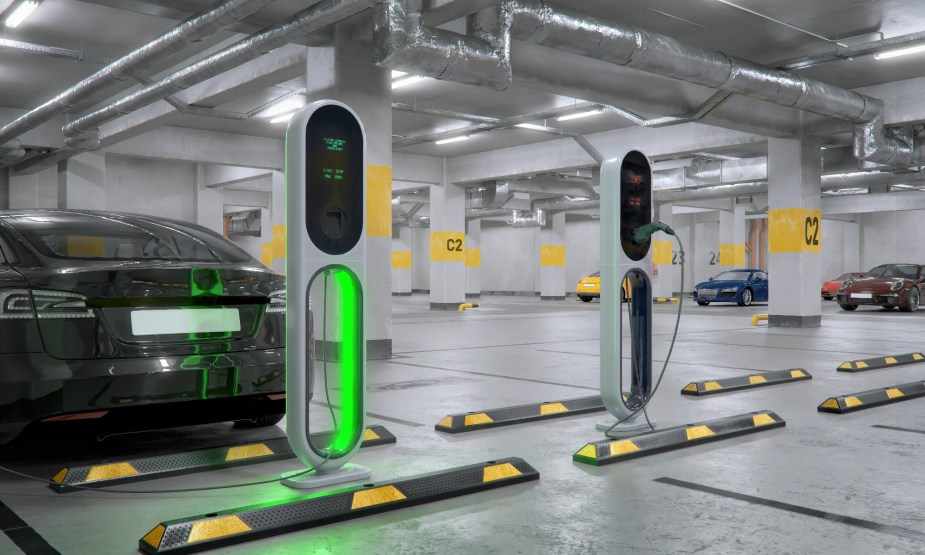
The annual EV fee is in place to offset the lost revenues EV drivers don’t pay in fuel taxes. North Carolina isn’t unique in this way. Many states currently have these fees and charge EV drivers because they don’t contribute to the gas tax.
Does North Carolina have an EV rebate?
Currently, North Carolina drivers who purchase and install an electric vehicle charging station can save more than $500 with specific incentive programs. These programs offer reduced Time-of-Use energy rates. There is a North Carolina EV Tax Credit of between $125 and $250, depending on the model. This is in addition to the Federal EV Tax Credit.
What are some of the highlights of this bill meant to remove free public EV charging from North Carolina?
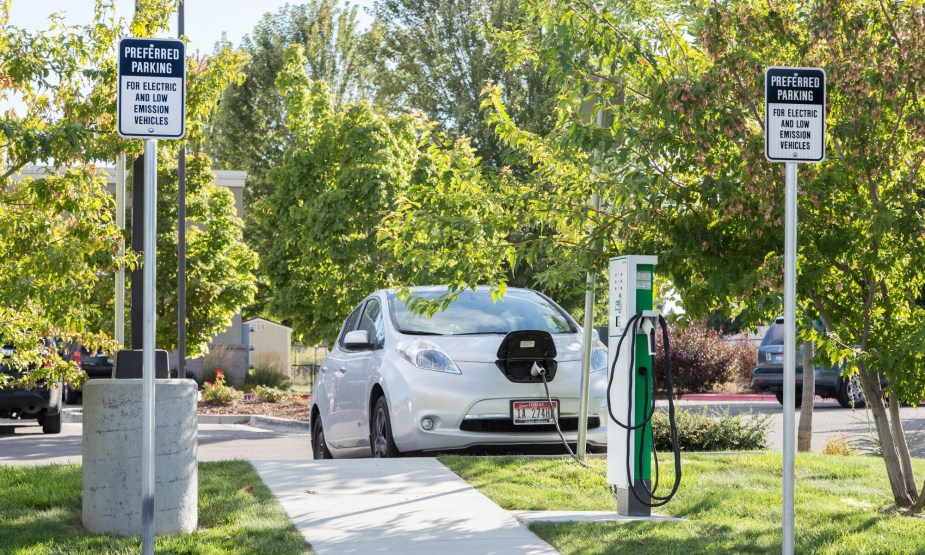
Some of the highlights of this anti-EV bill are:
- Any customer who uses an EV station must receive a receipt that lists a charge for that electrical usage.
- No public funds can be spent on free EV charging stations on state property, including leased property, unless free gasoline and diesel are offered, too.
- No city or county can spend public money to provide EV charging stations without the required free gasoline and diesel.
- The state would allocate $50,000 to remove EV charging stations already in place that do not comply with those stipulations.
Thankfully, the Republican House majority whip for North Carolina has read through the bill and said, “It doesn’t seem to be something that is moving forward.” North Carolina aims to increase registered EVs to 1.25 million and currently only has 16,000 registered electric vehicles. With that goal in mind, this state will need to be more welcoming to electric vehicle charging, even if it’s free at public locations.
Next, check out the five most overrated electric cars, or watch the video below that talks a little more about NC House Bill 1049:



